Optimal Timing for Foundation Repairs
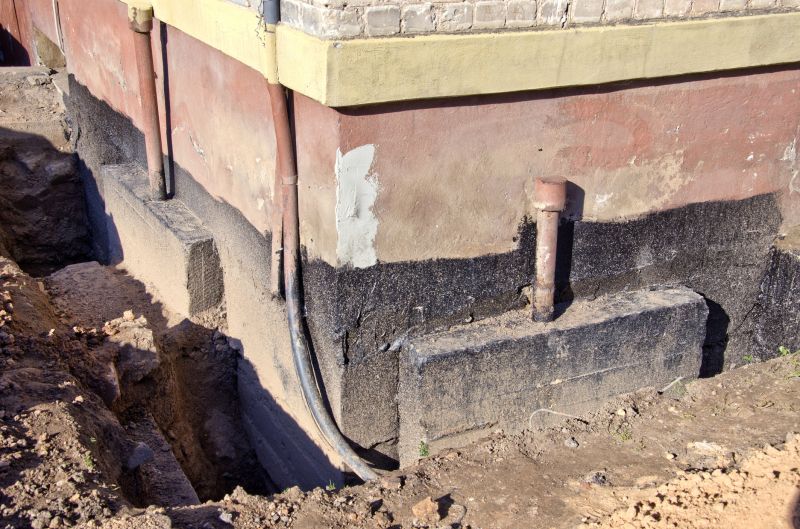
Spring offers moderate weather conditions, making it suitable for foundation repairs without extreme heat or cold.
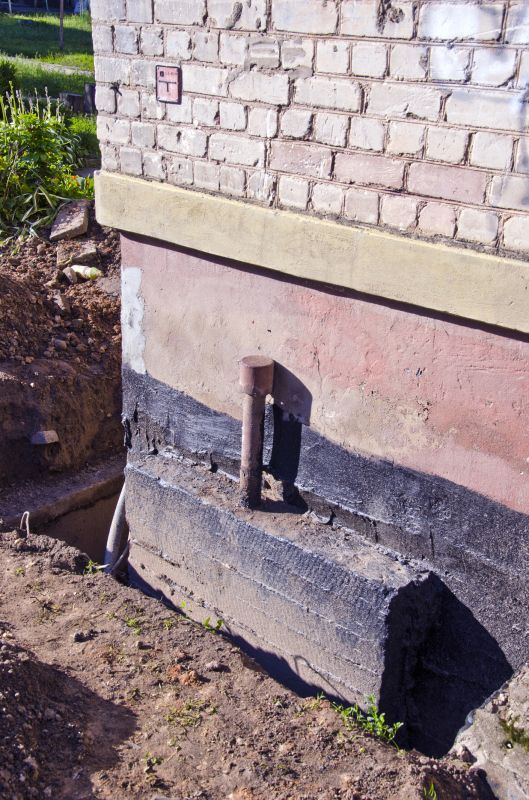
Summer's warm temperatures can facilitate curing processes, but excessive heat may cause delays or issues.
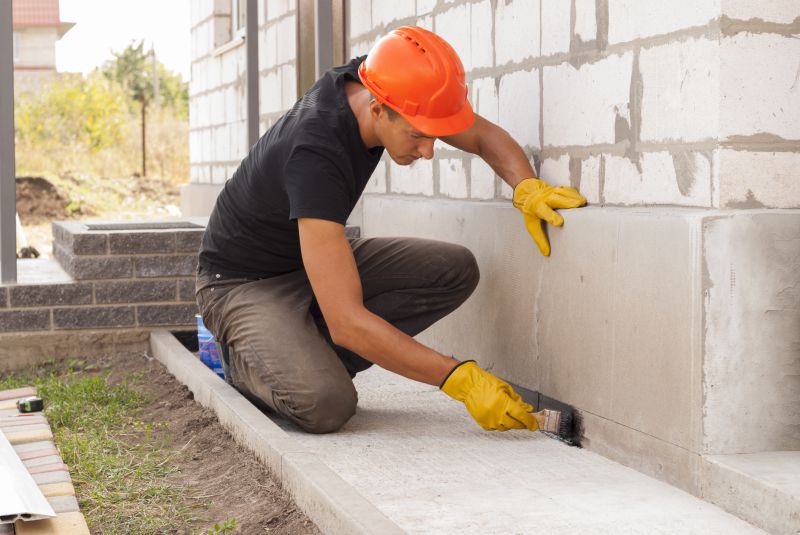
Fall provides cooler temperatures and less humidity, ideal for certain repair methods and avoiding weather disruptions.
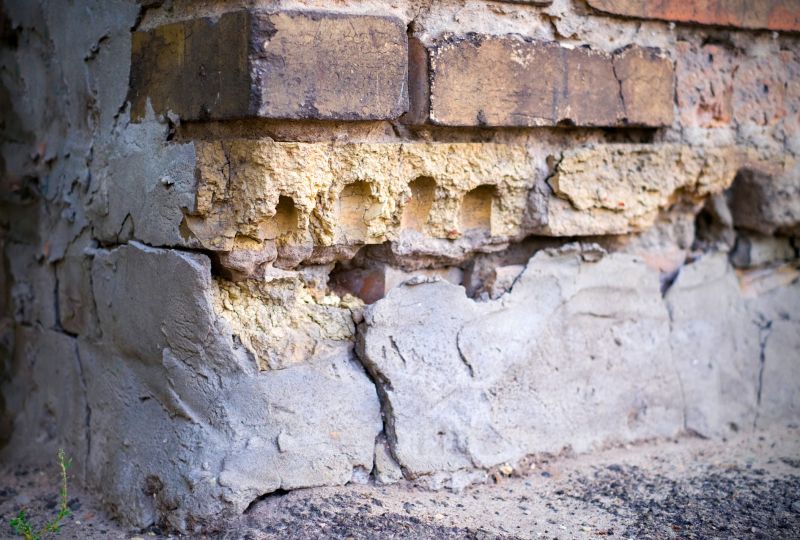
Winter is generally less suitable due to freezing temperatures and potential snow, which can hinder repair work.
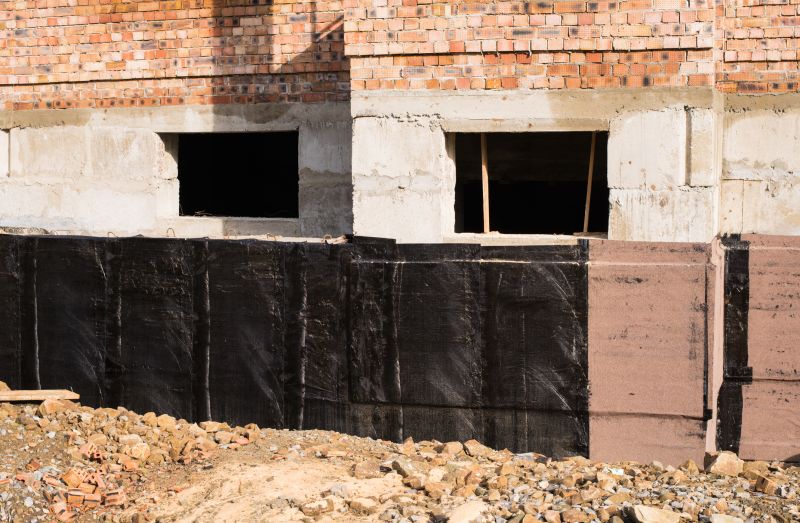
Spring and fall are typically considered the best seasons for foundation repairs due to stable weather conditions.
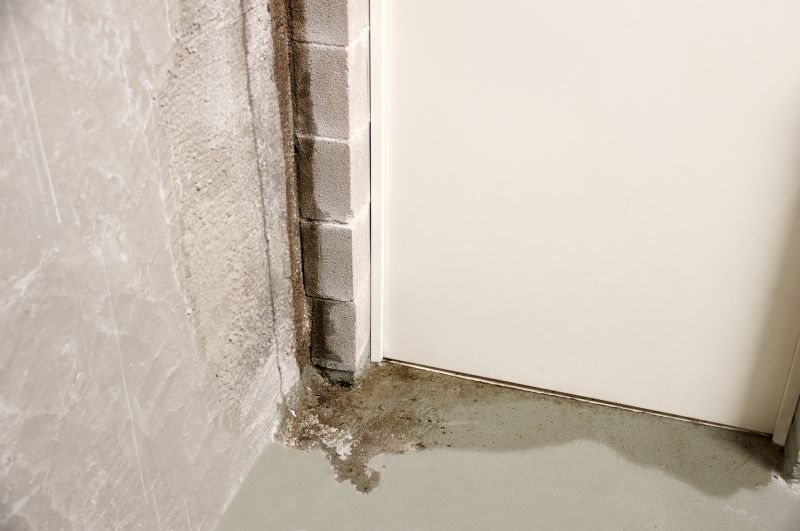
Unfavorable weather, such as heavy rain or snow, can delay repairs and affect the quality of work.
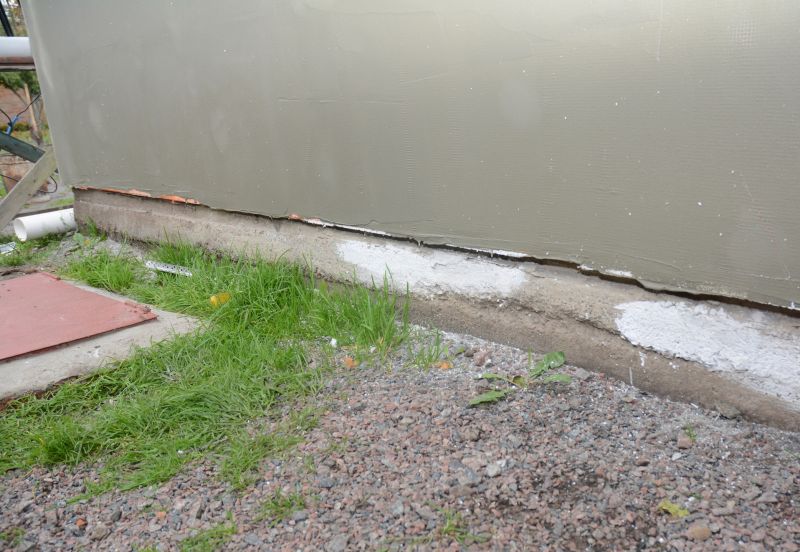
Ways to make Foundation Repairs work in tight or awkward layouts.
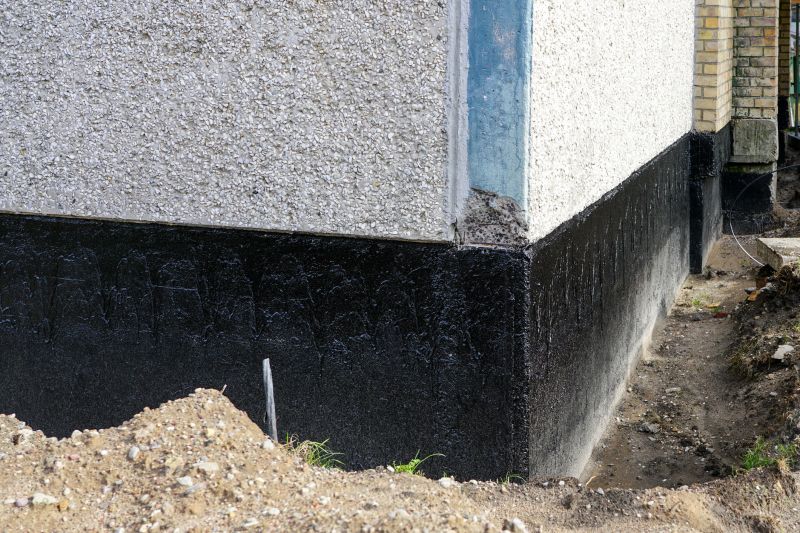
Popular materials for Foundation Repairs and why they hold up over time.
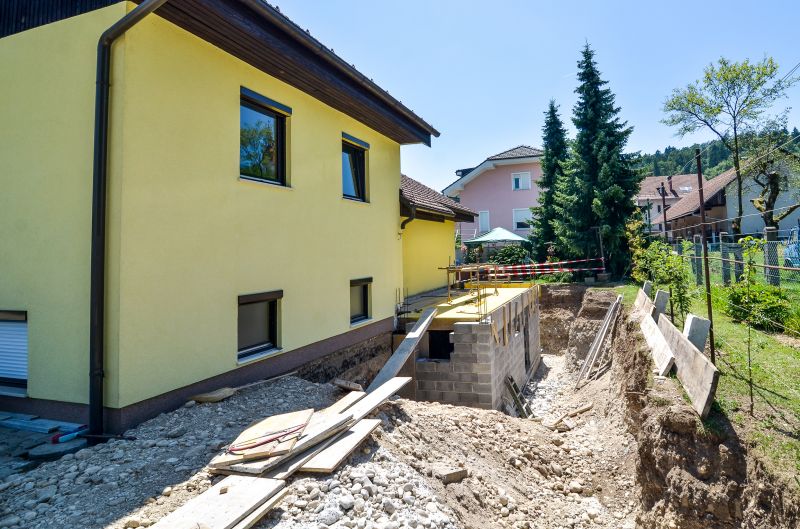
Simple add-ons that improve Foundation Repairs without blowing the budget.
Foundation repairs are essential for maintaining the structural integrity of a building. Addressing issues promptly can prevent further damage and costly repairs. The timing of repairs can influence the effectiveness and longevity of the fixes. Seasonal factors, such as temperature and moisture levels, play a significant role in choosing the optimal time for foundation work.
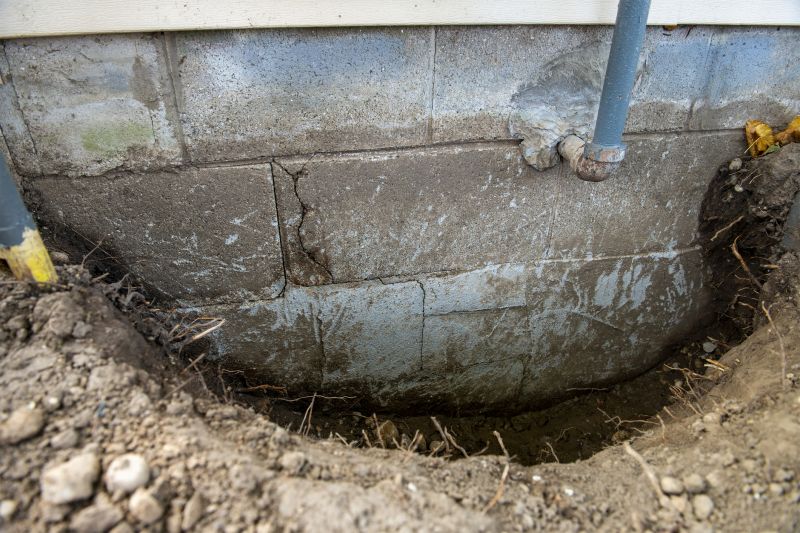
Visible cracks can indicate underlying settlement issues requiring timely repair.
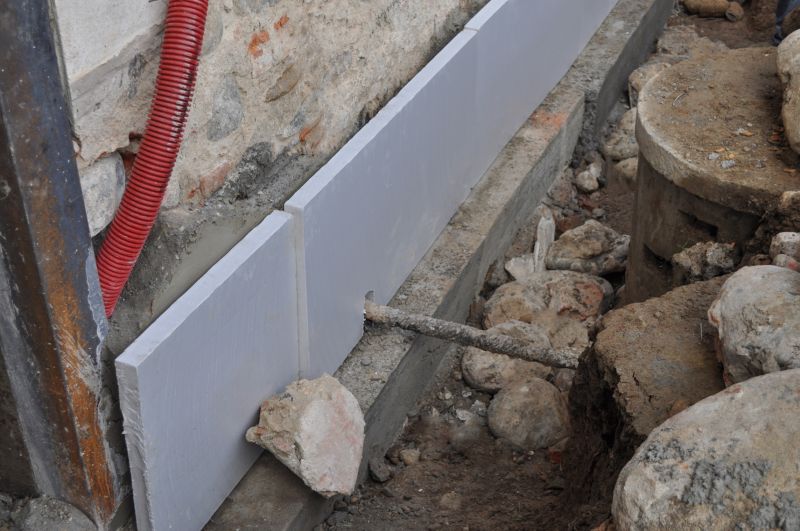
Underpinning stabilizes the foundation by extending it to more stable soil layers.
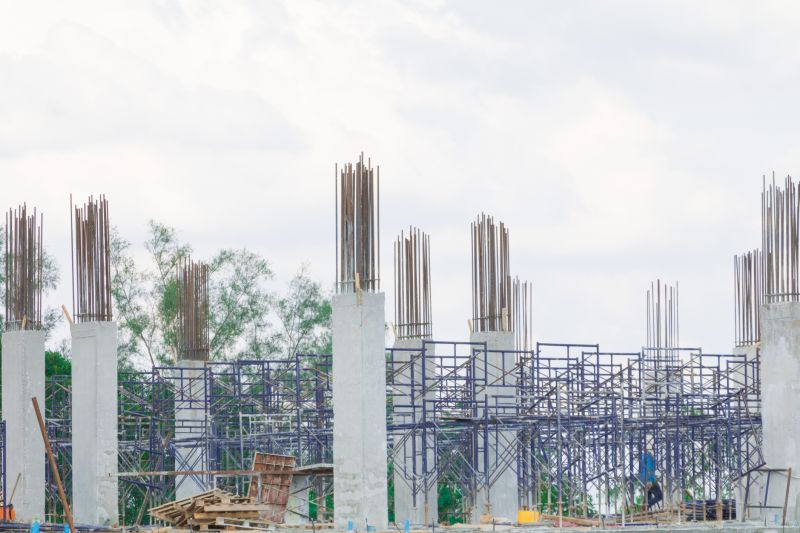
Piering involves installing piers beneath the foundation to lift and stabilize.
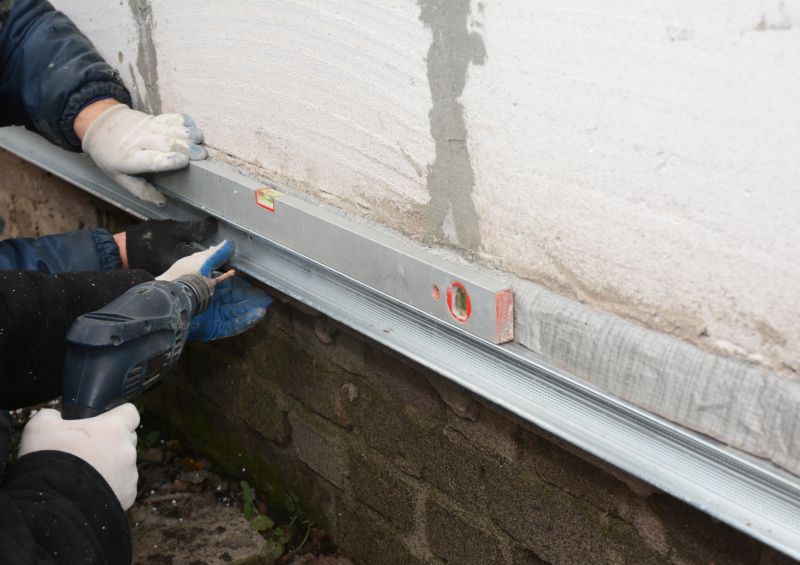
Soil stabilization methods can prevent future foundation movement.
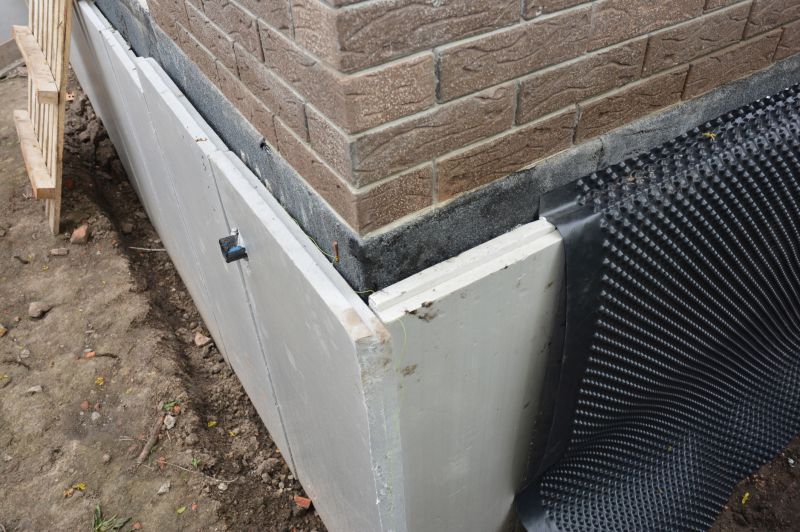
Addressing water buildup around the foundation reduces pressure and prevents damage.
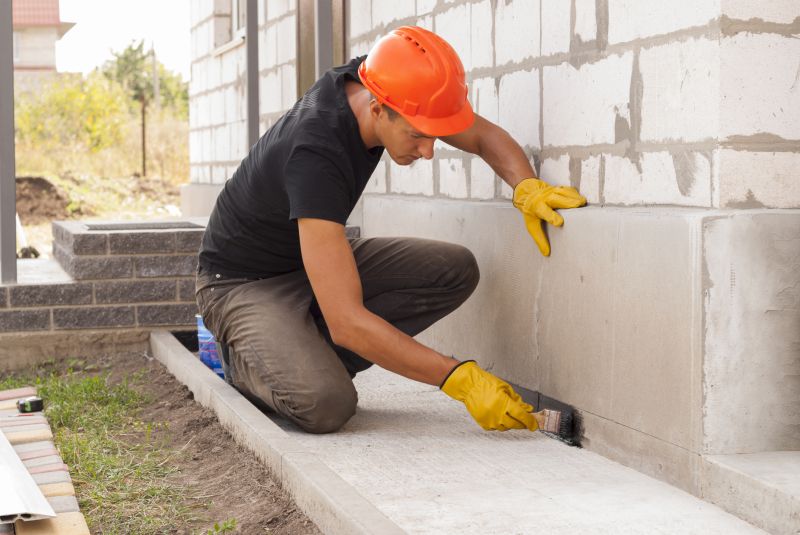
Skilled technicians assess and perform repairs efficiently and safely.
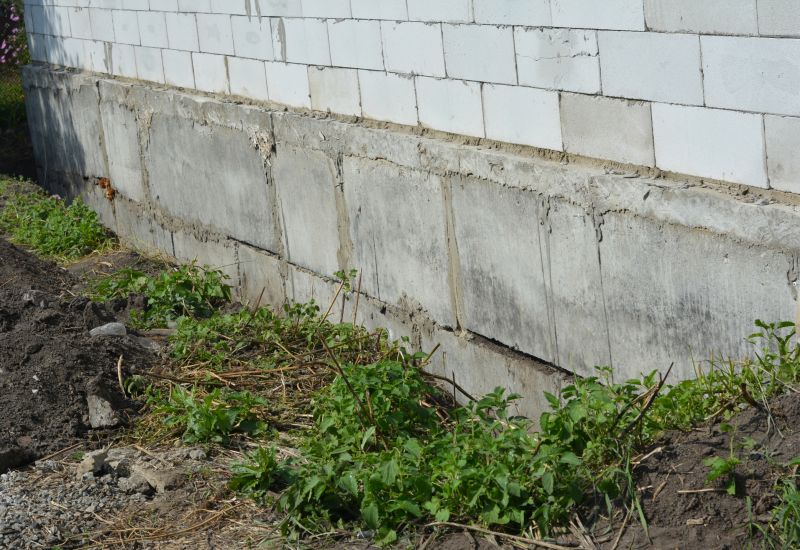
Regular inspections help identify early signs of foundation issues.
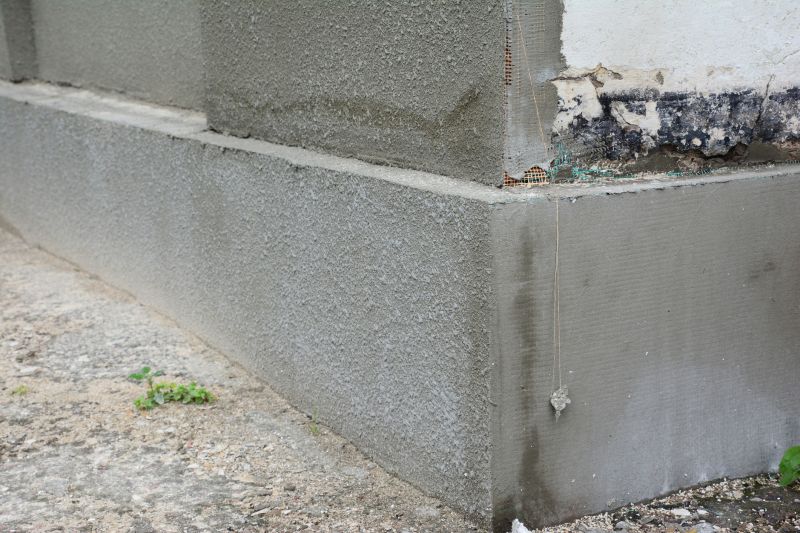
Properly repaired foundations restore structural integrity and value.
| Season | Advantages |
|---|---|
| Spring | Ideal weather, moderate temperatures, good for curing processes. |
| Summer | Warm temperatures can accelerate curing, but watch for extreme heat. |
| Fall | Cooler temperatures and less humidity provide stable conditions. |
| Winter | Generally not recommended due to freezing temperatures and snow. |
Timing foundation repairs correctly can influence the success and durability of the work. Seasonal considerations, such as avoiding cold and wet conditions, help ensure that repairs are effective and long-lasting. Consulting with foundation specialists can determine the optimal window based on local climate patterns.
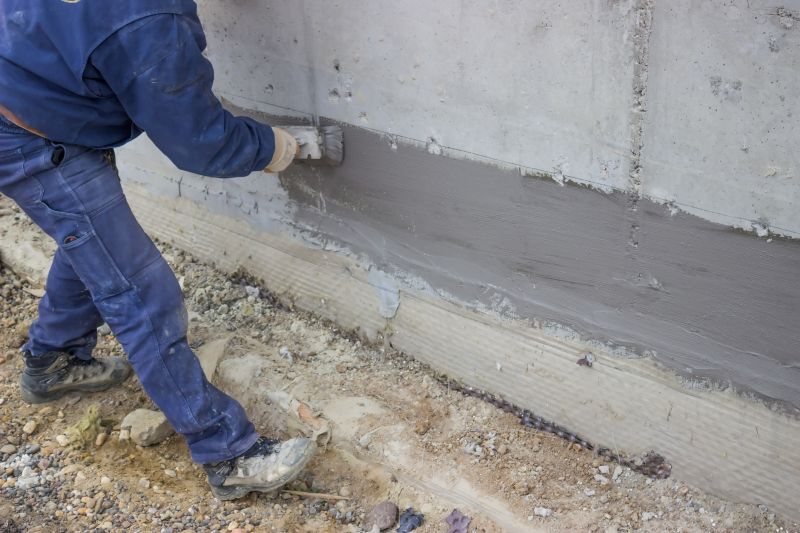
Timely crack sealing prevents water intrusion and further damage.
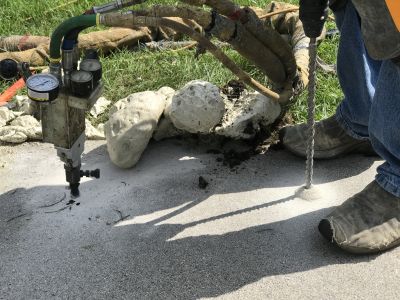
Modern equipment ensures proper soil conditions before repairs.
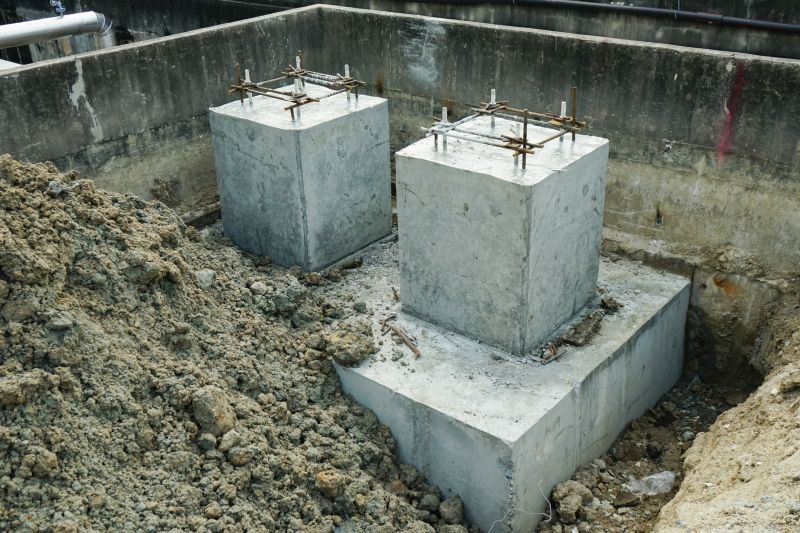
Pier installation provides immediate stabilization for settling foundations.
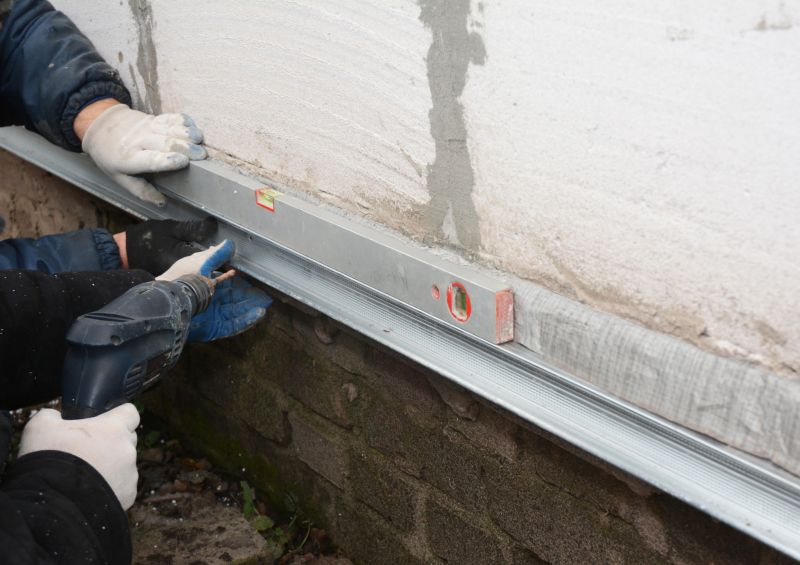
Inspection confirms the success of foundation stabilization efforts.
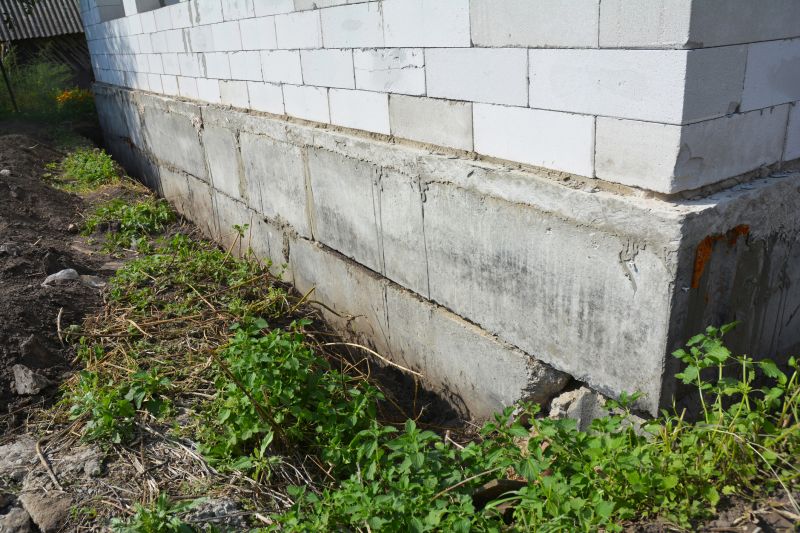
High-end options that actually feel worth it for Foundation Repairs.
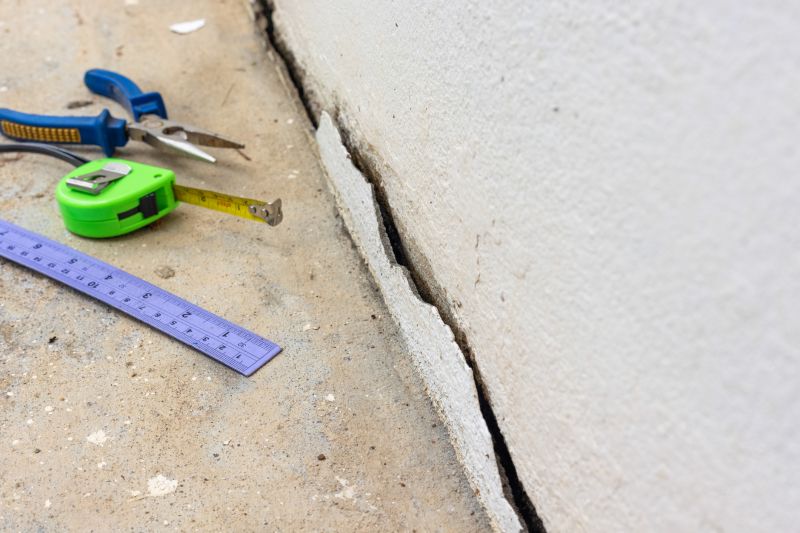
Finishes and colors that play nicely with Foundation Repairs.
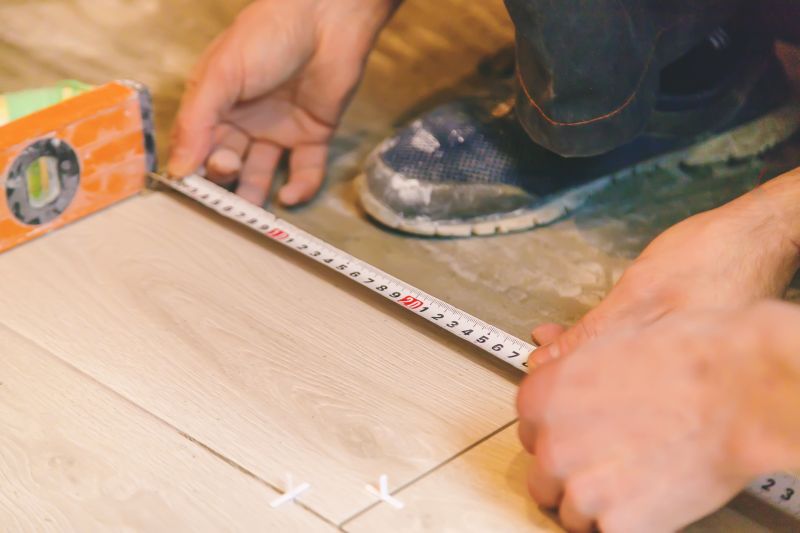
Little measurements that prevent headaches on Foundation Repairs day.
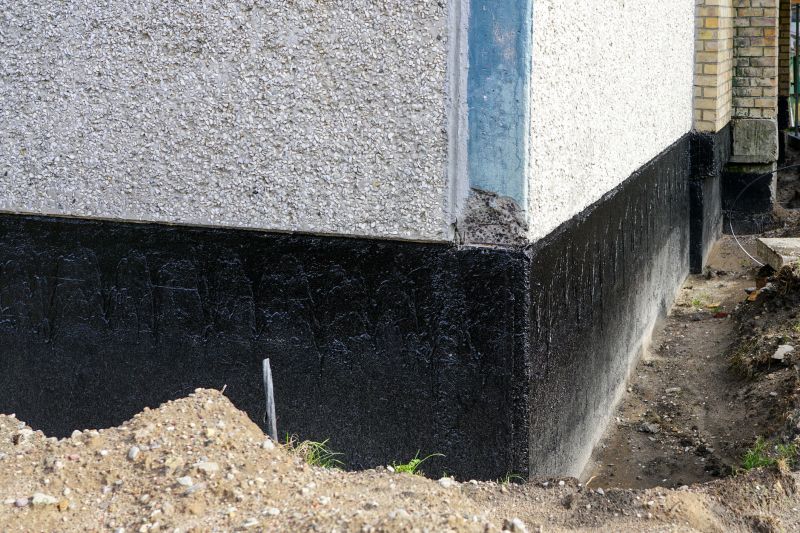
A 60-second routine that keeps Foundation Repairs looking new.
Early detection and timely repairs are crucial for preserving the structural safety and value of a property. Regular assessments, especially after extreme weather events, can help identify issues before they escalate. Properly scheduled repairs can save costs and extend the lifespan of the foundation.
Interested property owners are encouraged to contact for further information or to schedule an assessment. Addressing foundation concerns promptly can prevent extensive damage and ensure long-term stability.
A frequent mistake in Foundation Repairs and how to dodge it.
Small tweaks to make Foundation Repairs safer and easier to use.
Lower-waste or water-saving choices for Foundation Repairs.

